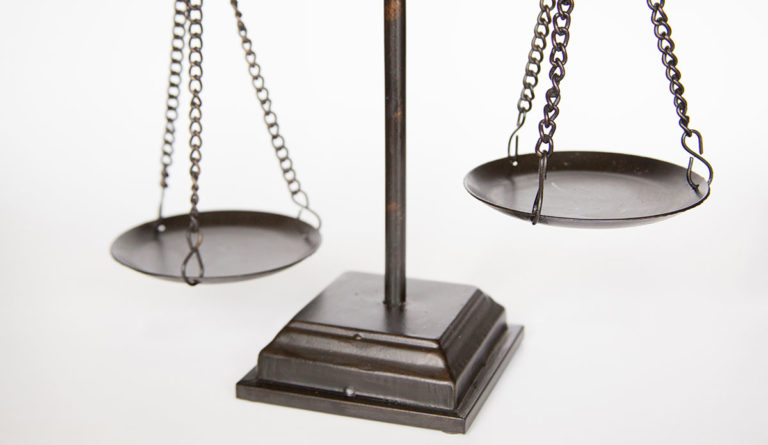A New Court System to Rehabilitate Veterans
Veterans treatment courts are a hybrid of mental health and drug courts and seek to address the needs of veterans who have been charged with criminal offenses.

Read Time: 4 minutes
Published:
Many have argued that the U.S. criminal justice system is in need of reform. Prisons are overcrowded, many prisoners who need mental health care are not able to receive treatment, and many who leave prison often reoffend and return to prison. Therefore, a new court model has emerged that can broadly be referred to as treatment courts. Treatment courts divert people away from incarceration and into mental health and social services. There are now many different types of treatment courts, including mental health courts, drug treatment courts, problem-solving courts, and community reentry courts.
Given wide public support and concern for the men and women who serve in our Armed Forces, treatment courts specifically for military veterans have been established in recent years. These veterans treatment courts are a hybrid of mental health and drug courts and seek to address the needs of veterans who have been charged with criminal offenses. There are now over 400 veterans treatment courts throughout the country and many case studies of veterans who have benefitted from these courts. However, little formal evaluation has been done to measure the outcomes of the veterans who go through these courts.
Veterans who meet court admission requirements and are facing criminal charges are provided with an opportunity to avoid incarceration once they successfully complete an individual treatment program.
It is important to note that veterans treatment courts currently exist in many forms. In some areas, they may be separately designated courts and, in others, they are veteran dockets or tracks in other treatment courts or within criminal courts. Although veteran treatment courts exist nationwide, eligibility requirements for admission differ across jurisdictions. For example, some will not take violent offenders, while others will.
Although eligibility for veterans treatment courts differs by locale, the general framework of how these courts operate is similar. Veterans who meet court admission requirements and are facing criminal charges are provided with an opportunity to avoid incarceration once they successfully complete an individual treatment program. Avoiding incarceration can happen in two different ways: 1) a reduced sentence following program completion, or 2) charges dropped following program completion. Veterans completing these individualized treatment programs are supervised by judges, probation officers, attorneys, and treatment providers. A unique feature of veterans treatment courts is that most have a mentoring program whereby the veteran facing incarceration is paired with a former ex-offender who has successfully graduated from a treatment program.
A unique feature of veterans treatment courts is that most have a mentoring program whereby the veteran facing incarceration is paired with a former ex-offender who has successfully graduated from a treatment program.
We recently completed a study examining the characteristics and outcomes of more than 8,000 veterans who participated in veterans treatment courts throughout the country. The required duration of treatment and monitoring in veterans treatment courts can be longer than the duration they might receive for their jail/prison sentence. As a result, some veterans choose not to participate. We compared thousands of veterans who were charged with a crime and did enter a veterans treatment court to veterans who did not. We found that those who participated in the courts had better housing and employment outcomes. We were, however, surprised to find that veterans treatment court participants were also more likely to have jail sanctions and new incarcerations than those who did not enter the veterans treatment courts. This may be due to the strict supervision and monitoring requirements of veterans treatment courts which may detect re-offending at higher rates.
Much more work is needed to understand the optimal treatments for veterans who enter treatment courts. Likewise, further research is need to evaluate the degree to which judges’ decisions on mandated treatments are guided by clinician input and evidence-based knowledge about mental health and substance abuse treatment.
So what can we conclude? Veterans treatment courts do benefit some veterans, but they also set some veterans back. The jury is still out on their long-term outcomes and optimal mandated treatments.
Feature image: houstondwiPhotos mp, Close-up, Scales of Justice, used under CC BY-SA 2.0




